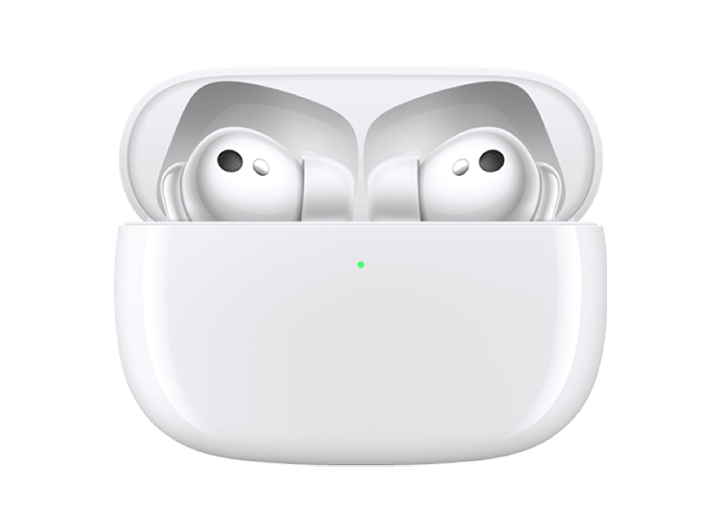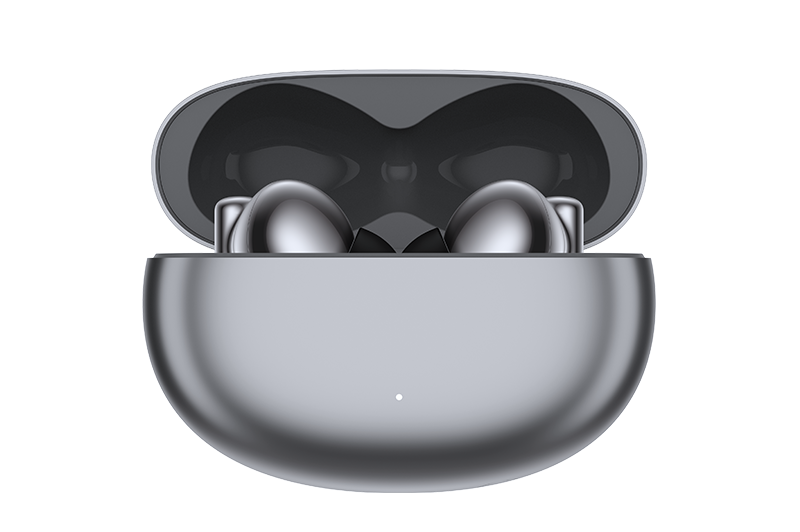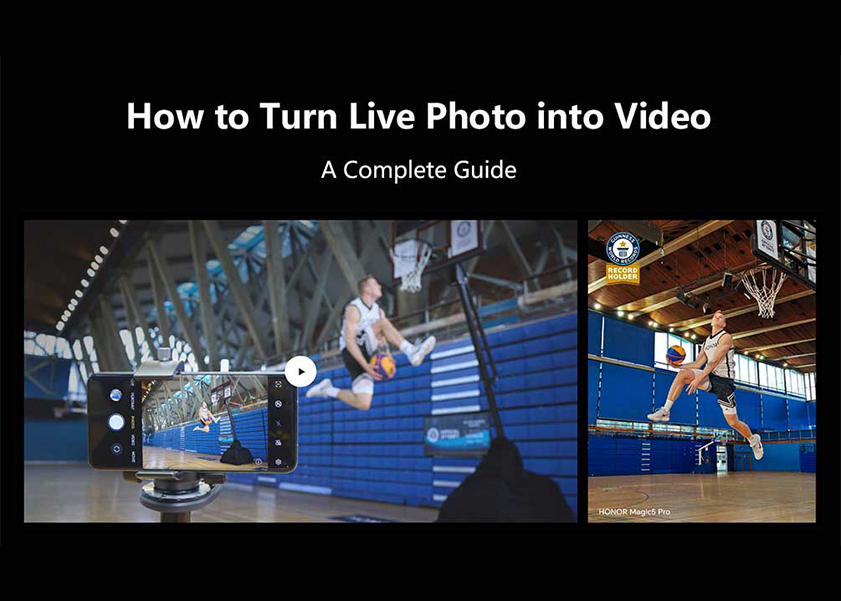TOP

我的荣耀 开启荣耀之旅

AI Personalization: Enhancing User Experiences Through Advanced Customization
AI personalization is now used across many industries, changing how businesses connect with users. Through studying user data like what they browse and prefer, AI customizes experiences to fit each person well. This article looks at how AI personalization boosts user satisfaction and how it helps businesses scale. You'll also learn how AI suggestions work and how they influence customer interactions, sparking new ideas. Let’s look at how AI will make your personal experiences better and keep up in your field.
What Is AI Personalization?
Mostly used in the e-commerce industry, AI personalization uses advanced machine learning and artificial intelligence to look over user data, like browsing history, shopping habits, and demographic details. This process customizes user experiences based on individual behaviors, preferences, and needs. Unlike old methods that used simple rules and basic grouping, AI customization uses complex algorithms to handle and learn from much larger and more detailed data sets.
For example, you are searching for home office furniture online. The AI on the shopping website looks at what you've searched for in the past, what you've bought, and some basic information about your preferences. Based on this, it suggests comfortable chairs, stylish desks, and other items that match your taste. It even shows you deals and offers tips on creating a productive home office setup that suits your needs perfectly.
The Benefits of AI Personalization
AI and personalization benefit both businesses and customers by making shopping more enjoyable and relevant. It gives people personalized product suggestions, messages, and special offers that catch their attention and encourage them to explore more products and spend more time on the website.
When people get personalized experiences, they are more likely to click on things and buy something. AI can also check customer data to send reminders or special deals to people who left items in their carts, helping them finish their purchases.
AI personalization marketing helps build customer loyalty and keeps them coming back by making a personal connection between customers and brands. The information gained from AI-driven personalization can also help with business decisions like managing inventory, planning marketing strategies, and developing new products.
Challenges and Considerations in AI Personalization
Agreeing on how to define target markets and create effective customer personas can be challenging for organizations. Only 51% of customers trust organizations to keep their personal data secure and use it responsibly, highlighting the need for transparency in data collection and usage.
Organizations must be cautious not to cross the line between useful personalization and intrusive practices that may alienate customers. Implementing hyper-personalization AI can be resource-intensive, requiring significant investment in technology and expertise. Delivering personalized experiences across all touchpoints at scale can also be challenging for many organizations.
AI Personalization in Different Industries
Customer experiences are improved using machine learning to analyze user data and provide tailored content, recommendations, and services. Here's a list of industries and how they apply AI personalisation:
1. Retail: AI-based personalization examines customer browsing history, purchase patterns, and demographic data to provide personalized product recommendations. This technology powers features like "Customers also bought" sections and tailored email marketing campaigns.
2. Healthcare: Systems powered by AI, process patient data, including medical history and genetic information, to suggest personalized treatment plans and preventive measures.
3. E-commerce: AI personalization in e-commerce uses data analytics to customize product recommendations, optimize marketing strategies, enhance customer support through chatbots, and dynamically adjust pricing and inventory management.
4. Travel and Hospitality: Systems use AI for personalization to go over travel history, preferences, and budget to offer personalized trip recommendations and hotel suggestions.
5. Education: Adaptive learning platforms that are AI-powered, analyze student performance and learning styles to create personalized curriculum and study plans.
6. Automotive: AI Systems in modern vehicles like Tesla learn driver preferences and habits to personalize in-car experiences, from adjusting seat positions to recommending routes.
7. Advertising: AI-powered personalization looks over user data using AI across various platforms to deliver highly targeted and personalized ads.
Special Focus: AI Personalization in Smartphones
Smartphones are also advancing in the area of AI personalization, new and current operating systems now use advanced algorithms to become highly customized and intelligent companions that adapt to user habits and preferences.
Adaptive Battery and Power Management
Smartphones now use AI to make their batteries last longer. Android's Adaptive Battery feature learns which apps you use most and saves power for them. This can make your battery last up to 20% longer by managing apps in the background and adjusting settings based on how you use your phone.
AI can also predict when your battery might need to be replaced by looking at different battery data. This helps you plan ahead and keep your phone working well. These AI improvements show how technology is making phones smarter about saving power and keeping them running smoothly.
Adaptive Display and Brightness
AI-powered smartphones can now automatically adjust screen brightness and color temperature, adapting to ambient lighting conditions and user preferences. Over time, these systems learn the user's preferred brightness levels in various environments, enhancing comfort and usability. This feature not only improves user experience by reducing eye strain but also optimizes battery efficiency by dynamically adjusting power consumption based on real-time needs.
Advanced Camera Features
AI has changed how phone cameras work. New phones like the HONOR Magic6 Pro now use AI Motion Sensing Capture, trained with over 8 million images across 10 categories of mainstream sports like volleyball, skateboarding, and basketball. This training allows the AI to recognize scenes and subjects, detect key action moments, and optimize settings for different sports and activities.
Intelligent Personal Assistant
AI-powered virtual assistant has greatly enhanced the ability to grasp natural language and user intent. It delivers personalized responses customized to each person's preferences and past actions. The assistant can set reminders for routine tasks, like appointments, and predict future needs by studying device usage patterns. For instance, it might offer traffic updates before your usual commute or suggest music based on your listening habits.
Conclusion
AI personalization is a significant modern innovation, offering personalized recommendations, enhancing customer satisfaction, and streamlining operations. Its ability to analyze data and predict customer needs benefits both organizations and consumers. However, there are challenges associated with AI personalization, including data security, resource costs, and ensuring the technology does not feel overly intrusive. Despite these challenges, AI’s capacity to create personalized experiences and simplify technology is expected to grow, fostering greater innovation and efficiency across various industries.
FAQs
Does AI Lack Personalization?
No, AI does not lack personalization. In fact, AI-powered personalization is more advanced and detailed than traditional methods. AI can look at a lot of data to give very personalized experiences that change in real-time based on user behavior and preferences.
How Can AI Scale Personalization?
AI can make personalization bigger by automating the analysis of large amounts of data, finding patterns, and creating personalized recommendations. This lets businesses give tailored experiences to many users at once, which would be impossible to do manually.
Source: HONOR Club
Consumer hotline
0807777715 Monday to Sunday, 8:00am-8:00pm
za.support@honor.com
We use cookies and similar technologies to make our website work efficiently, as well as to analyze our website traffic and for advertising purposes.
By clicking on "Accept all cookies" you allow the storage of cookies on your device. For more information, take a look at our Cookie Policy.
Functional cookies are used to improve functionality and personalization, such as when playing videos or during live chats.
Analytical cookies provide information on how this site is used. This improves the user experience. The data collected is aggregated and made anonymous.
Advertising cookies provide information about user interactions with HONOR content. This helps us better understand the effectiveness of the content of our emails and our website.















































